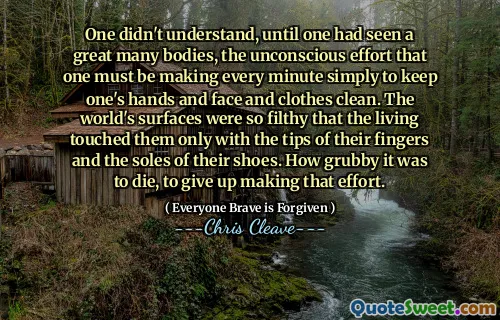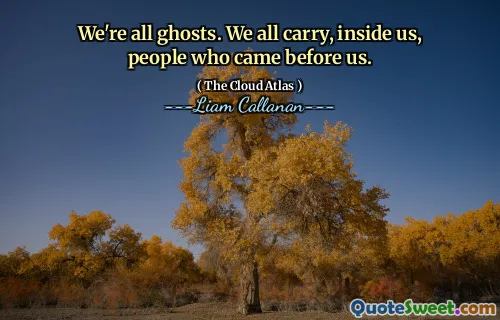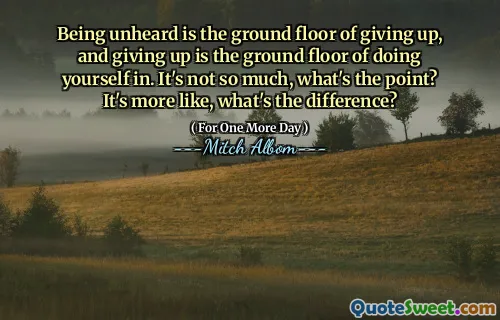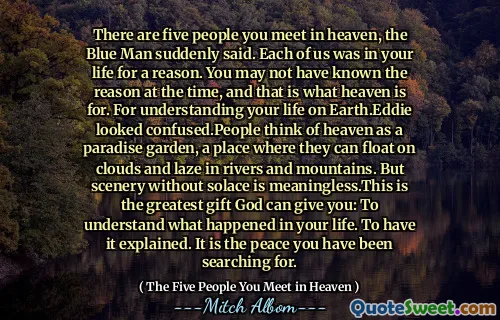
One didn't understand, until one had seen a great many bodies, the unconscious effort that one must be making every minute simply to keep one's hands and face and clothes clean. The world's surfaces were so filthy that the living touched them only with the tips of their fingers and the soles of their shoes. How grubby it was to die, to give up making that effort.
This quote offers a profound reflection on the human subconscious effort to maintain cleanliness and order within a world that is inherently disorderly and contaminated. The imagery of inspecting countless bodies to realize the constant, often unnoticed effort to keep oneself pristine emphasizes how cleanliness is not just a matter of aesthetics, but a survival instinct woven into our daily existence. The description of the world's surfaces being so filthy that contact is minimal reveals a deep insight into human nature as being driven by the need to protect oneself from decay and chaos, yet it also highlights the inevitable reality of mortality and the ultimate surrender of this effort. This double-edged struggle—our relentless pursuit of hygiene and order contrasted with the authority of death—is a poignant commentary on how life is an ongoing battle against entropy. The phrase "to give up making that effort" resonates profoundly, suggesting that in death, the veneer of human effort is stripped away, exposing an unavoidable truth about our vulnerability and mortality. The quote prompts us to consider how much of our daily routines are subconscious acts of defense against the inherent dirt and decay of the world. It ignites a reflection on the transient nature of our human endeavors, and how in the end, all efforts to preserve our purity and control are but temporary shields against inevitable decline. Overall, it touches on the delicate balance humans maintain to find meaning and order in a universe that constantly threatens to undo it and challenges us to accept the reality of mortality as the ultimate equalizer.






